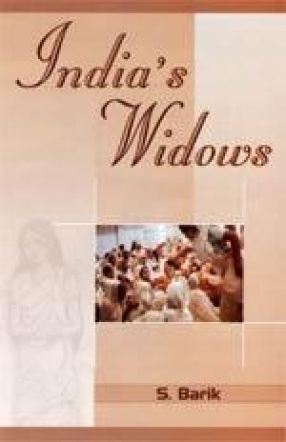The salience of religion in Indian politics has risen sharply in the past twenty-five years leading to major outbreaks of violence, most recently in Gujarat in 2002. The selections brought together in this volume describe some of the main events during this period, and also introduce readers to different explanations scholars have put forward to answer key questions in the study of religious politics and communal violence. The readings in this collection offer explanations as to why religious issues become prominent in politics at some times but not at others, and why religious mobilization seems to lead to communal riots and pogroms in some cases but not in many others. Offering primarily political and institutional explanations for communal conflicts in India, the reader includes influential and lesser-known, yet significant interventions to present the most comprehensive social scientific analysis of communal violence. Individual essays in the volume discuss religion, power, and elections, as also ethnically motivated and violent political behaviour. Is communal conflict a construction deliberately fomented by the erstwhile colonial state or modern day politicians, or is it a reflection of intense and ‘primordial’ communal differences? The essays in this volume provide leading sociological, psychological, economic, and political explanations for the incidents of communal violence in Gujarat, Punjab, Uttar Pradesh, Bengal, Delhi, and elsewhere. The second in the Critical Issues in Indian Politics series, this volume is aimed at students and scholars of Indian politics, sociology, history, and an informed lay audience consisting of journalists, activists, and policy planners.
Women Education in Modern India
$28.50
$30.00




There are no reviews yet.